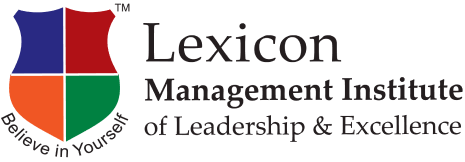Taking Executive Coaching Opens The Door To A Bright Future
As a lesson from the current crisis, the group calls for increased investments in mental health support, the digitalization of educational programs, and investments in the digital skills of young people. Just for your information according to the Labour Bureau of the Government of India, 90% of the 450 million jobs in India require to develop skills. And right now, only 10% of the workforce receive any kind of vocational training at all, formal or informal.
Like any other intercession in the social sector, and to achieve long-term impact, companies need to adopt a lifecycle method to skill development. This means scheming programs that look at every aspect of the skilling community. It must include mapping the skills and aspirations of a community before training. And finally conducting training that is based on the findings of the skill mapping, connecting trainees to employment opportunities after the training, and following up with them after employment.
Executive coaching is a critical aspect of all organizations. Recently we have a new approach to executive coaching in India and that is called coaching. Distinct from other forms of training, coaching focuses on the method of learning. Under a coaching paradigm, it is believed that the more an individual is involved in identifying problems, in working out and applying solutions for them, and in reviewing the results, the more complete and the more long-lasting the learning is. This form of executive business coaching combined with self- learning tends to bring about learning with a deeper understanding than the learning that is taught.
To give this more perspective, Executive coaching is very different than teaching or instructing. It is best described as empowering leaders for tomorrow. The coach encourages the learner to learn for him/herself...As well as acquire new competencies, the learner gradually develops new and more effective learning skills.
Executive leadership training helps to shape our nations, communities, and organizations.
It gives us good leaders who help guide us and make the essential large-scale decisions that keep the world moving.
Leadership roles are not only limited to management or delegating. Today for a dynamic organization leader, the spectrum of leadership responsibilities have evolved. For the proper functioning of an organization, leaders must have problem-solving skills and an eye for analyzing the situation to make better decisions. When it comes to effective leadership, problem-solving skills are crucial.
Good leaders have this innate ability to respond to problems. They are equipped with the ability to identify and define problems. Make the analysis, use data, and communicate to solve the issues.
Cultivating strong problem-solving skills is vital for any leader to eliminate barriers. It is only one of the best executive coaching that does justice to it.
